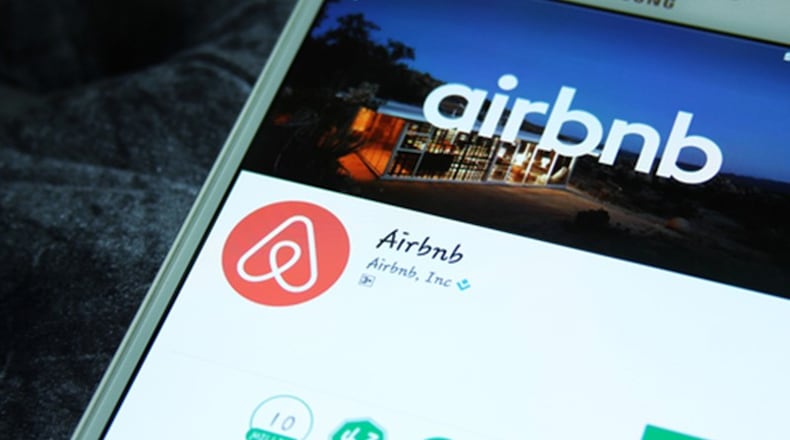Cobb County commissioners approved short-term rental regulations last week, setting new limitations that have been brought forth in code amendment packages since 2020 but never passed until now.
The county will now require short-term rental owners to get a certificate of occupancy and designate a local agent that can be contacted by the county to address complaints or issues. Owners will also need to notify neighbors and homeowners associations about the rental, and they can have only one listing per residence.
Cobb residents have consistently been divided on the issue.
Linda Verde, an owner who rents out two guest bedrooms in her East Cobb home, said she supports the ordinance except for the limit of one rental unit per property. She said that owners who live on the property have more control over their unit and can mitigate any problems.
“The only way that we are able to afford that home is by short-term rentals,” she said to the board. ”We regulate everything that happens in our home.”
Short-term rentals include any type of housing unit rented for 30 days or less, often advertised online on sites like Airbnb and VRBO to be used as temporary stays. Many owners rely on short-term rentals for additional income.
The county brought the regulations in response to complaints from residents about rentals turned into party houses, too many cars parked along the streets and other general disruptions to neighborhoods.
Commissioners created a task force with short-term rental owners, members of the community and other interested parties to look at how to regulate the industry and address the concerns while still allowing the practice.
“I think this does help us to better regulate a lot of issues that we’ve had,” Chairwoman Lisa Cupid said.
Enforcement will begin Jan. 1, 2023, and will be complaint-based: neighbors can file complaints with the county, which will then turn to the designated agent of the rental to address any issues.
Commissioners considered higher fines but decided to keep the penalties for registered short-term rentals at $500 for the first violation and $750 for the second within a 12-month period. After the third violation, the certificate would be revoked, ineligible for renewal for another year.
Those who do not register will face $500 penalties each night the unit is rented out without a certificate of occupancy.
Cities and counties across metro Atlanta have also taken steps to regulate the burgeoning industry, requiring short-term rental owners to follow rules and regulations varying by jurisdiction. Smyrna passed a similar ordinance in 2021.
Jessica Guinn, the county’s community development director, said the county needs to have something in place to regulate the industry, pointing to the other regulations approved throughout metro Atlanta.
“Currently, we have nothing,” Guinn said. “Let’s move forward something with the code that’s in line with best practices throughout the state.
“If we determine that it’s not achieving the goals of the commissioners in enacting this, and we need to put additional restrictions on, we can always bring it back.”
About the Author
Keep Reading
The Latest
Featured



